- Nearly 70 civilians and POW family members killed or injured by junta attacks in Arakan State in one month
- Junta accused of extorting money from detained Muslims in Sittwe
- Weekly Highlights from Arakan State (Jan 26 to Feb 1, 2026)
- Arakanese youth stabbed in Mae Sot urgently needs financial aid for medical treatment
- Five years on Myanmar faces uncertain military and political outlook after coup
Reports of human trafficking rise at Arakan State camps for Muslim IDPs
A growing number of human trafficking cases have been reported among Muslim internally displaced people (IDPs) at camps in Sittwe, Myebon and Pauktaw townships this year, according to camp managers.
13 Sep 2023
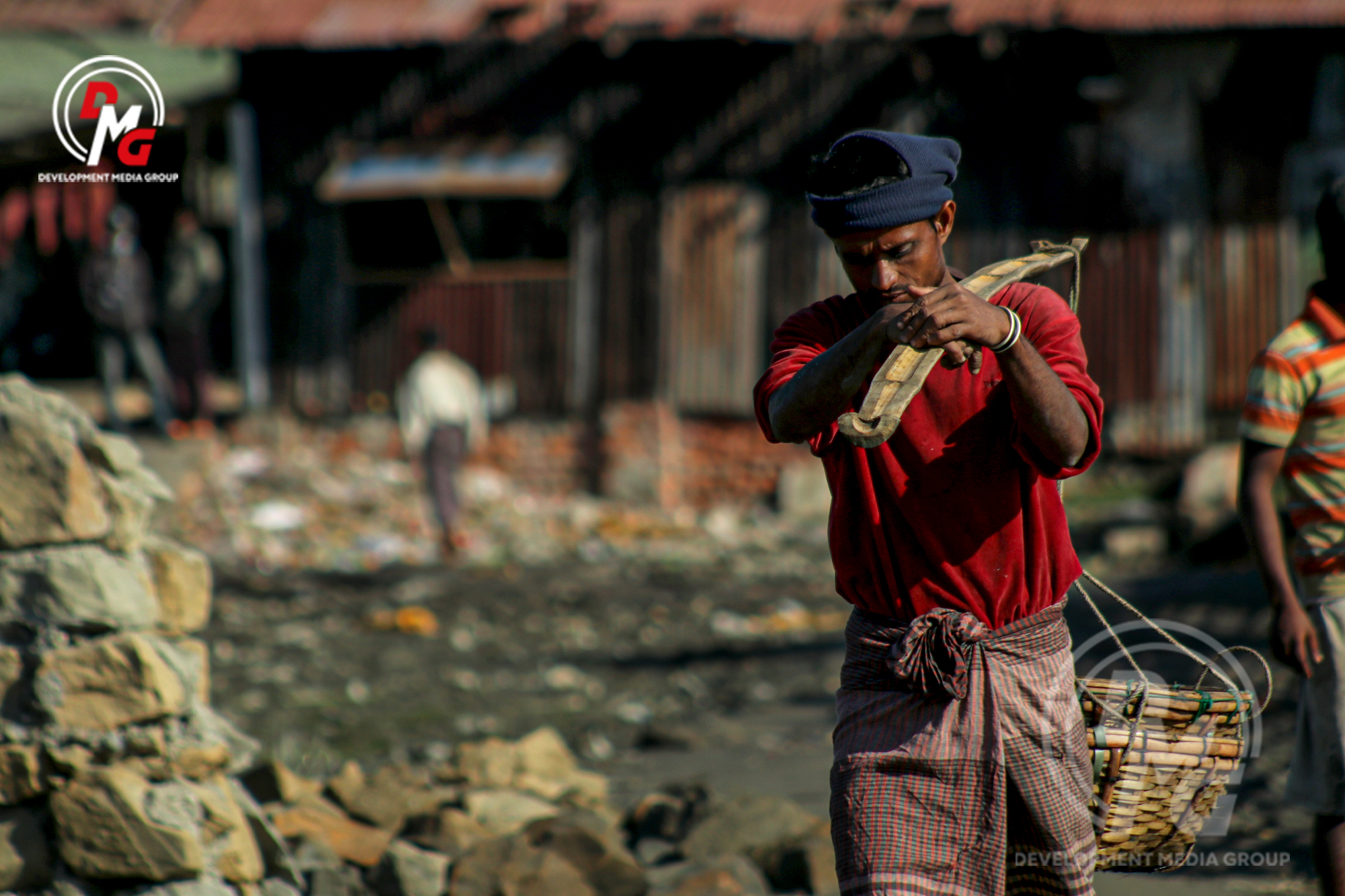
DMG Newsroom
13 September 2023, Sittwe
A growing number of human trafficking cases have been reported among Muslim internally displaced people (IDPs) at camps in Sittwe, Myebon and Pauktaw townships this year, according to camp managers.
A total of 51 IDPs were trafficked from January to August, camp managers say. Among them were six from Thakkelpyin refugee camp, five from Ohntawgyi (north) camp, 15 from Ohntawgyi (south) camp, 11 from Bawdupha camp in Sittwe, nine from Ngatchaung camp in Pauktaw, and five from a camp in Myebon.
“They were easily persuaded by false promises of a job. NGOs came and held educational talks about human trafficking in 2021. The crime was not this serious back then,” said U Aye Kyaw, manager of the Ngatchaung Muslim IDP camp in Pauktaw Township.
Among the victims trafficked were men, women and girls under the age of 18. Muslim IDPs fall victim to human traffickers more easily as they are often suffering from severe hardships and struggling to eke out an existence, with few jobs available and costs of living on the rise.
Daw Thein Mya, an activist working for the rights of women at Thakkelpyin camp, said: “Brokers charge 6 million kyats for a person. [Muslim IDPs] usually end up either being arrested [by authorities] or being trafficked. [Traffickers] take advantage of the fact that [Muslims] are desperate to find a way out as they are jobless and their movement is restricted.”
Five IDPs from the Ohntawgyi (north) camp were taken by a broker who promised jobs in Rathedaung Township last month. Their family members have since lost contact with them.
“I have received phone calls [from the traffickers], and they told me to give 5 or 4 million kyats or my son will be killed. I can’t afford to give that amount of money. I still don’t have contact with my son,” said the mother of one of the victims from the Ohntawgyi (north) camp.
Family members have reported to local police stations about the trafficking. But the victims’ whereabouts remain unknown.
It is widely agreed that a large number of human trafficking cases go unreported as well.
“Human traffickers are barely punished despite the increase in cases of human trafficking. We have to decide with our own knowledge. So, there is a need for a lot of education campaigns,” said a Muslim IDP from Ohntawgyi (south) camp.
Under the Anti-Trafficking Law, trafficking of women and children is punishable by 10 years to life imprisonment, and trafficking of anyone other than women and children is punishable by five to 10 years in prison.




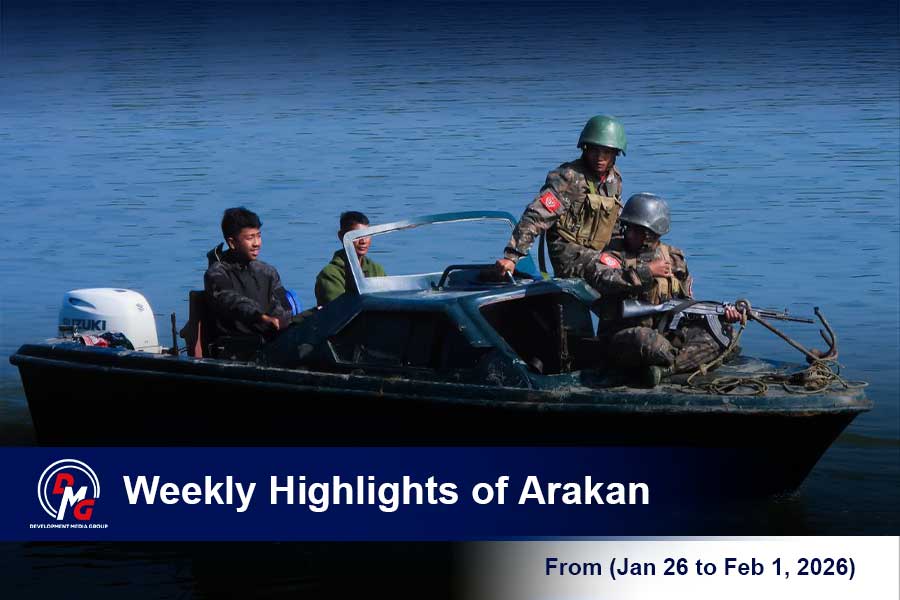
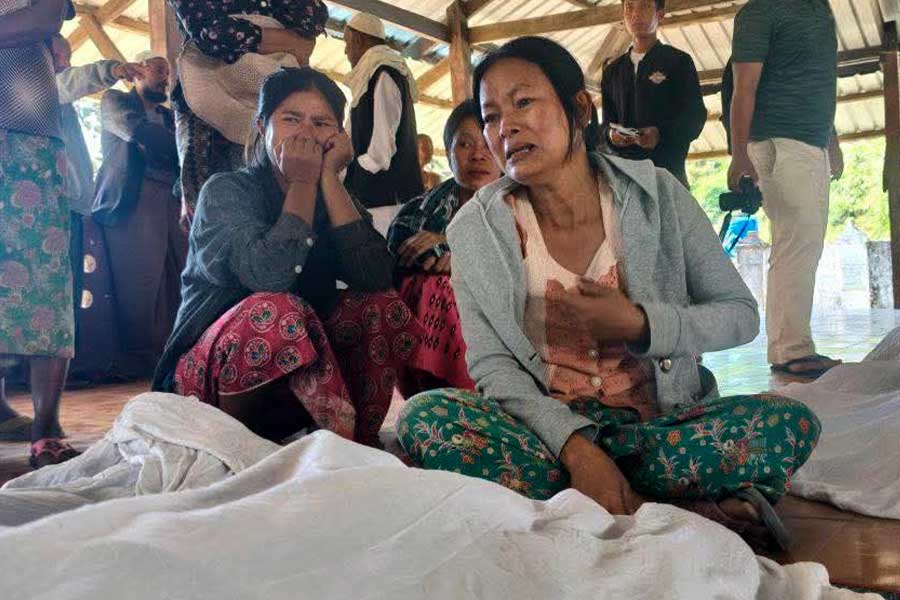
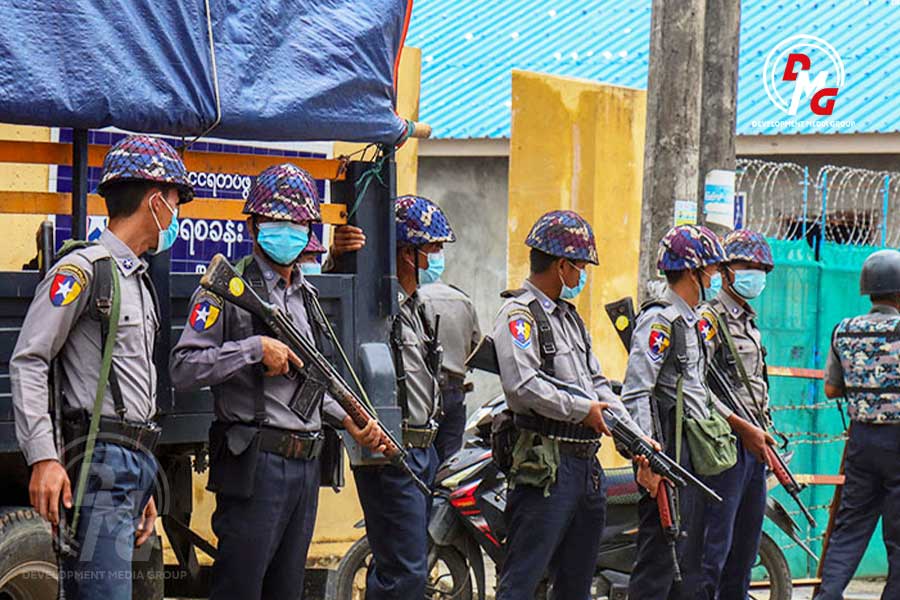
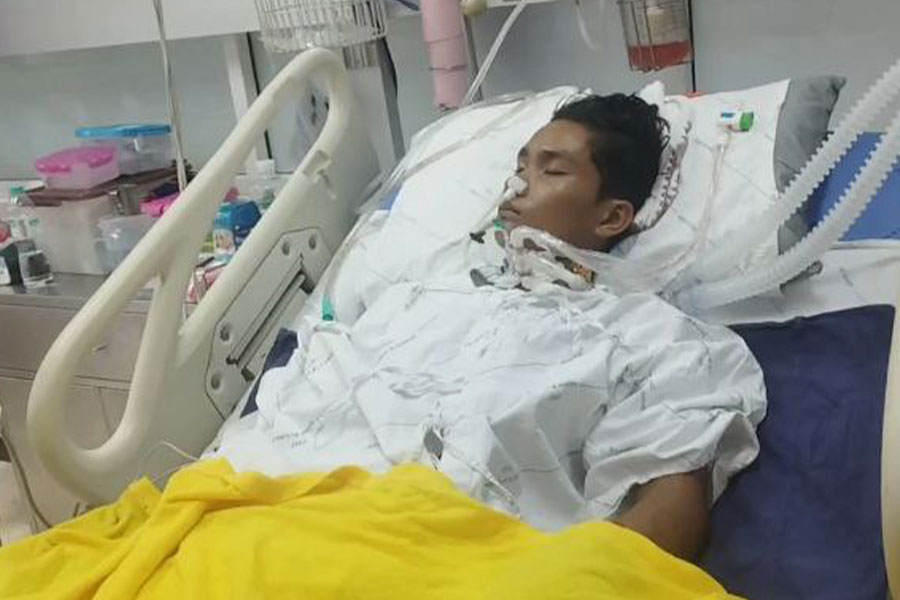
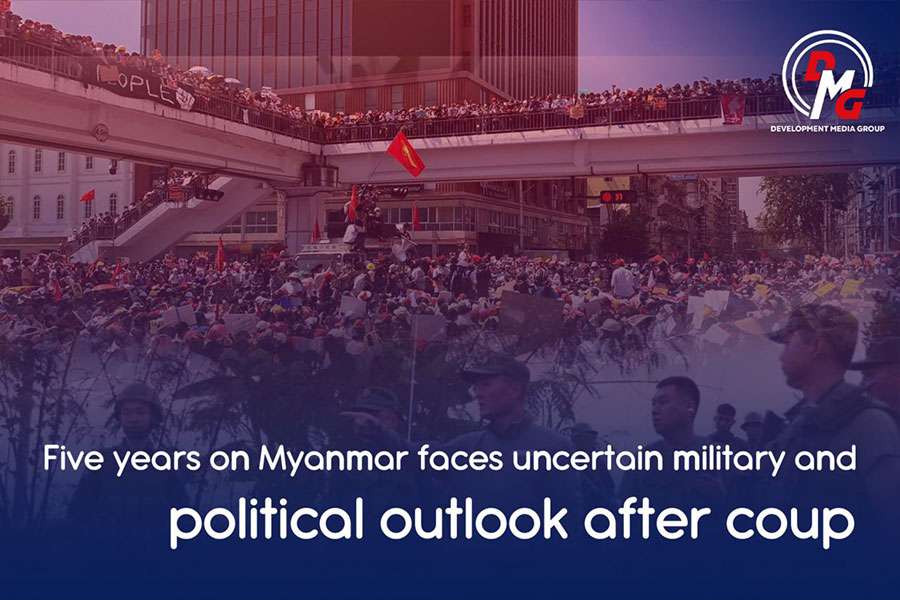






.jpg)

